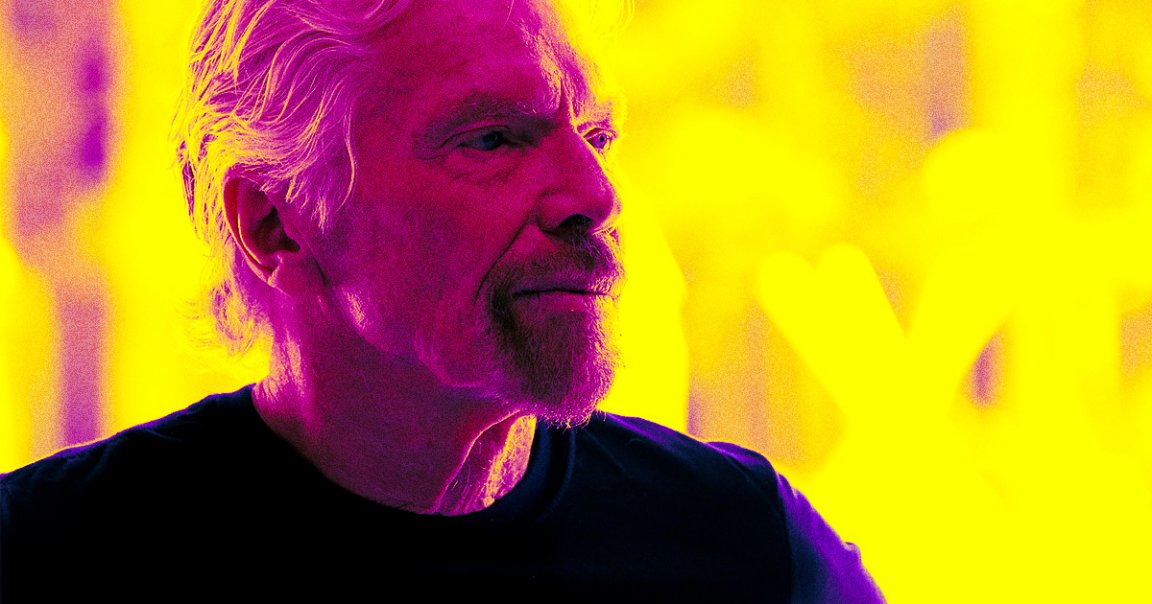
Knightly Errors
The moment has at last come for Sir Richard Branson to hang up his satellites and give up the ghost.
In a statement to investors, Virgin Orbit announced that it would be filing for bankruptcy and preparing to sell to prospective new owners after only six years of existence.
“We believe that the cutting-edge launch technology that this team has created will have wide appeal to buyers as we continue in the process to sell the company,” the company’s CEO, Dan Hart, said in the statement.
Nosediving Value
This is, of course, not exactly a surprising turn of events given that in January, the company admitted that one of its rockets disintegrated upon launch, and last month Virgin Orbit first furloughed its staff to “conserve capital” before outright laying off 85 percent of them.
As Reuters notes, the Chapter 11 bankruptcy filing issued in Delaware lists the sale of Virgin Orbit’s assets as being worth between $100 and 500 million dollars — a far cry from the $3.7 billion valuation it boasted when the company went public back in 2021.
After the layoffs last week, the BBC pointed out that the company founded to compete with Elon Musk’s SpaceX had never turned a profit despite Branson injecting a reported $10.9 million into it from his investment company.
Galactical
As of right now, it’s unclear who may end up buying VO or its assets. Another question: what this all means for Virgin Galactic, Branson’s space tourism company that has for years been selling $250,000 tickets to take well-heeled passengers on “space planes” into short low-Earth orbit trips — in spite of not actually having launched a commercial flight yet.
Although the space tourism outfit is slated to launch its first commercial flight later this year, reports from The Guardian about the company experiencing a spate of safety issues might further complicate that.
While Virgin Galactic’s stock price has indeed fallen significantly over the past month, there’s a non-zero chance the space tourism company stays afloat — that is, if it can get its act together in ways that the satellite spinoff couldn’t.
More on satellites: Startup Wants to Use Robots to Make Drugs in Space